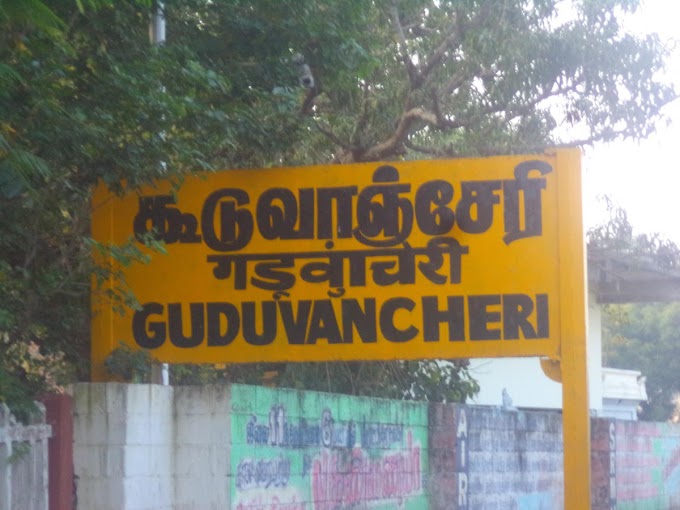Buying a house is one of the most desired dreams in our life and we often spend a considerable amount of time fulfilling it.
Therefore, after putting in a huge effort, when you finally purchase your property, it is rational to carry out all the legal formalities properly. The foremost step toward buying a flat or house is to get the property registered in your name.
The registration of immovable properties in India is governed under section 17 of the registration act, 1908. Here are a few important facts that you should know about property registration in India.
1) Consequences Of Non-registration Of The Property
- In absence of registration papers, the buyer may face many severe consequences. In case of any dispute over the property, the buyer will have no proof to prove his point.
- Therefore, there is a high risk of losing the property, and eventually, the money that you invested in it. Also, in absence of registration papers, the government can acquire this property at any point.
2) You Need To Visit The Sub-registrar
- For the registration of the property, you need to visit the sub-registrar’s office with necessary documents, such as the date of certificate or embossing, classification, stamp duty, RTC, Form No. 1, Form 60 and 61 PAN. The registration process requires the signature of witnesses.
- In most cases, the registration fee is around one percent of the stamp duty. Once the property is registered in the buyer’s name, he/she becomes the owner of the property and receives a receipt confirming the same. After a few days, the registration paper can be collected from the sub-registrar’s office. The copy of the registration paper safeguards the rights of the buyer.
3) Time Limit For Property Registration
- The property document should be registered within four months. If its time limit has expired, the buyer can write an application to the sub-registrar seeking an apology for the delay.
- After this, the registrar may agree to register those documents, on payment of a fine that can be ten times the original registration fee.
4) Stamp Duty Is An Important Part Of The Registration Process
- Well, before registering the property, you need to pay the stamp duty. It is a type of tax that the property buyer needs to pay to the state government.
- The amount payable as stamp duty may vary between 5-7% of the property’s value. And, Indian women are given 1 to 2 % concession on this tax.
- The stamp paper can be purchased online or from a licensed stamp vendor. The preparation of stamp paper varies according to the nature of the transaction.
5) Advantages Of Property Registration
- The registration paper will help in changing the ownership of the title from one person to another. Plus, it enables the government to levy property taxes from the right owner.
- Plus, in case of disputes regarding the ownership of the property, the issue will be resolved more easily. Therefore, it will help in preventing any encroachment.
land for sale in Chennai
Conclusion
- The registration of a property is a simple process that requires you to pay the stamp duty. You need to visit the sub-registrar’s office to get the property registered in your name.
- This process requires you to submit certain documents. In case of a delay in property registration, you will be required to pay a penalty.







0 Comments
Post Your Valuable Comments 💬 And Requests In The Comment Section